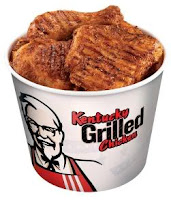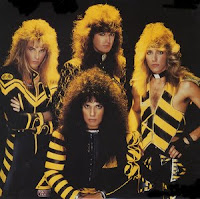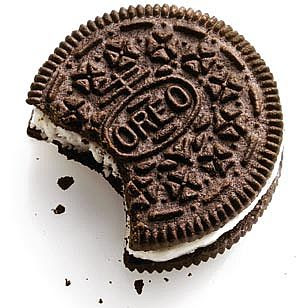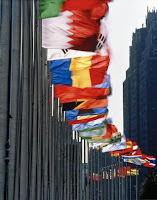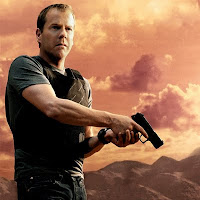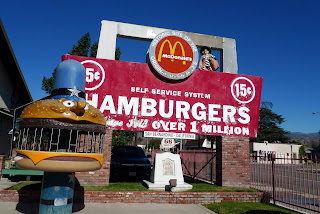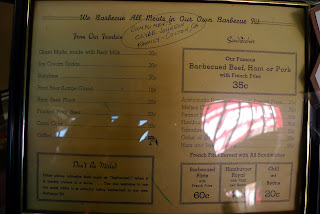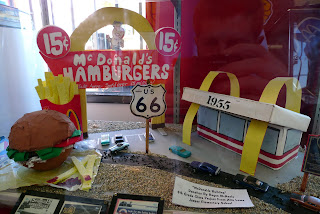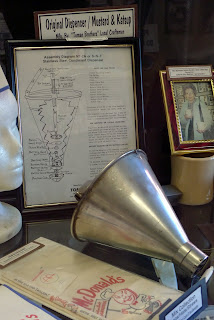Further to the post the about MMA fighter "War Machine" and his budding porn career... it is worth nothing that while it's usually porn stars who are looking to cross over into the mainstream, some people do occasionally go the other way. There have been plenty of rock stars who have in one way or another released their own home-made sex tapes (i.e. Poison's
Brett Michaels and nearly
every member of Motley Crue) and of course there was Snoop Dogg's
foray into the business, although as far as I know he simply "presented" the action and didn't actually take part.

Perhaps the best example of crossover, though, is Evan Seinfeld, who was the bassist and singer for metal band
Biohazard (he also played biker on one of my all-time favourite shows, Oz). In 2004, he married porn star
Tera Patrick and decided to, well, get in on the action. The two formed their own distribution company, Teravision, and Seinfeld became her exclusive on-screen partner. Surprisingly, the two announced
a split just over a month ago.
I interviewed the pair earlier this year and while I've previously posted of Patrick, I thought I'd share a few highlights of what Seinfeld had to say:
On the internet and porn:
“The barrier to entry is certainly lowered a lot by technology. You can shoot some video and build a website in one day. Will anybody go to it, I don’t know?”
“If you’re independent, now is your time. You don’t need to go through a Vivid or a Wicked or a Hustler to get into the business. You can just open yourself a website and if you have something unique or good, you have the technology to get it out there and it’s the wild west. Have a good time.”
On having to do affiliation deals with free porn sites:
“Until porn becomes advertising driven, it’s just going to be the way it works.”
On porn driving technology:
“The mainstream is slow on the go. They need a hundred people to make a decision. In a corporate structure, people are afraid to go out on a limb because if something goes wrong they could lose their jobs. In adult, if you came to Tera and myself and said, ‘hey, I’ve got this new technology to deliver your content to people via an iPhone,’ we could run a check on your company in a matter of days, have a contract and be up in running within a week. We don’t have to check with anybody, Tera’s the boss.”
On competition in the industry:
“I wish I could say our movies are twice as good as anyone else’s but when it comes to shooting sex, it’s not that anyone does it all that much better than anyone else. It all comes down to your branding, marketing and your crossover into mainstream.”
On sex and its social acceptance:
“Sex has always been more powerful than anything - money, religion, power. The only reason a guy wants more money, a fancy car, power, is to get sex. People are more willing to embrace the reality that sex is the most powerful force in the world.”
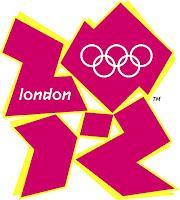 We begin this week with a touch of the bizarre. While we Canadians get ready for our Olympics in a few months, the Brits look like they've got their hands full with their own games, which are still two years away. It seems the games' logo is causing quite a stir. Have a good look at the image at right.
We begin this week with a touch of the bizarre. While we Canadians get ready for our Olympics in a few months, the Brits look like they've got their hands full with their own games, which are still two years away. It seems the games' logo is causing quite a stir. Have a good look at the image at right.